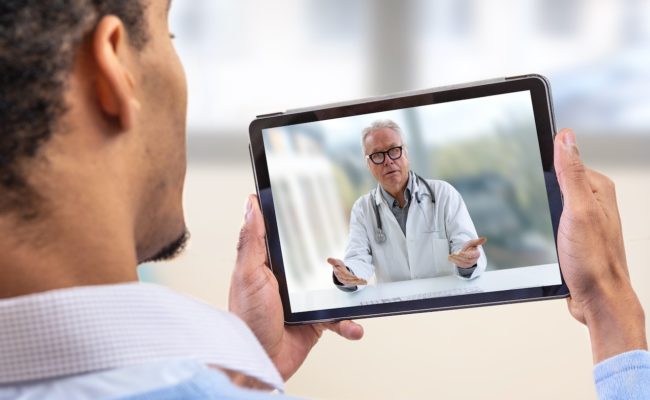Quality Improvement
- »
- Move Well-Ahead
- »
- Provider Education Network
- »
- Practice Management
- »
- Quality Improvement
Staff Training and Resources for Enhancing Patient Care
Healthcare professionals work every day to provide the highest quality of care for their patients. By cultivating a culture of improvement at your facility, you can enhance patient experiences and outcomes.
Quality improvement (QI) is an ongoing process that requires staff training, resources and a commitment to continuously work toward enhancing patient care. Your team should work together to build a framework with a detailed, measurable process.
- Identify areas of improvement: review patient population and practice operations to identify challenges
- Develop measurable reports: identify characteristics of the process that can be measured, analyzed, improved and controlled
- Create a plan: ensure your team understands how data is entered, what data is available and how to run a report from your system
- Implement the plan: follow the process you’ve created and document results
- Observe the outcomes: review data tracked to identify successes and challenges
- Act on what you learned: optimize your process based on the results of your findings
In addition to enhancing patient experiences and outcomes, quality improvement processes reduce the per capita cost of care and improves provider experience. Well-Ahead can help you apply the QI framework above to several interventions that lead to improvements in chronic disease outcomes.

Blood Pressure Monitoring Programs
Utilizing a Blood Pressure Monitoring (BPM) program can help you accurately diagnose hypertension, establish the most effective treatment, and provide your patient with the tools needed to control their blood pressure.

Building Data Dashboards
Implementing data dashboards in your healthcare facility can allow your facility to provide an in-depth report of performance metrics and capture trends in your patients’ electronic health records.

Chronic Care Management
Chronic Care Management is a non-face-to-face set of healthcare services, provided to Medicare patients at high-risk of two or more chronic conditions, that work to provide access to care and improve the patients health outcomes.

Medication Therapy Management
Medication Therapy Management is a patient-centered and collaborative set of services that focus on improving health outcomes for patients by improving collaboration among pharmacists and healthcare teams.

Patient-Centered Medical Home
By transforming how primary care is organized and delivered, Patient-Centered Medical Home (PCMH) provides healthcare that is relationship-based with a focus towards the patient healthcare needs. Becoming a certified PCMH Facilitator can transform how your facility delivers healthcare and treatment plans to your patients.

Population Health Cohort
The Population Health Cohort is an exclusive collaborative quality improvement opportunity which supports the implementation of strategies aimed at improving population health within a primary care setting, with a specific focus on chronic disease related outcomes. It gives Louisiana providers and their facilities the opportunity to have hands-on assistance in implementing evidence-based practices that can improve their quality of care and their patients’ health outcomes.

Screening, Testing and Referral
Protocols for early detection of high blood pressure and referral to evidence-based programs should be a standard of care in all clinical settings. Well-Ahead supports care teams in implementing systems to identify residents at increased risk for heart disease and refer them to evidence-based programs.

Team-Based Care
Team-based care is a model of collaborative healthcare delivery that empowers patients and providers to achieve high-quality care. Implementing team-based care improves clinical outcomes, support for complex patients, patient access and experience, and staff experience and retention.

Telehealth
Well-Ahead is fueling innovation in rural health. We’ve partnered with TexLA Telehealth Resource Center to support the expansion of telehealth capacity—including effective delivery of services, efficiency, sustainability and patient satisfaction—in our rural communities.